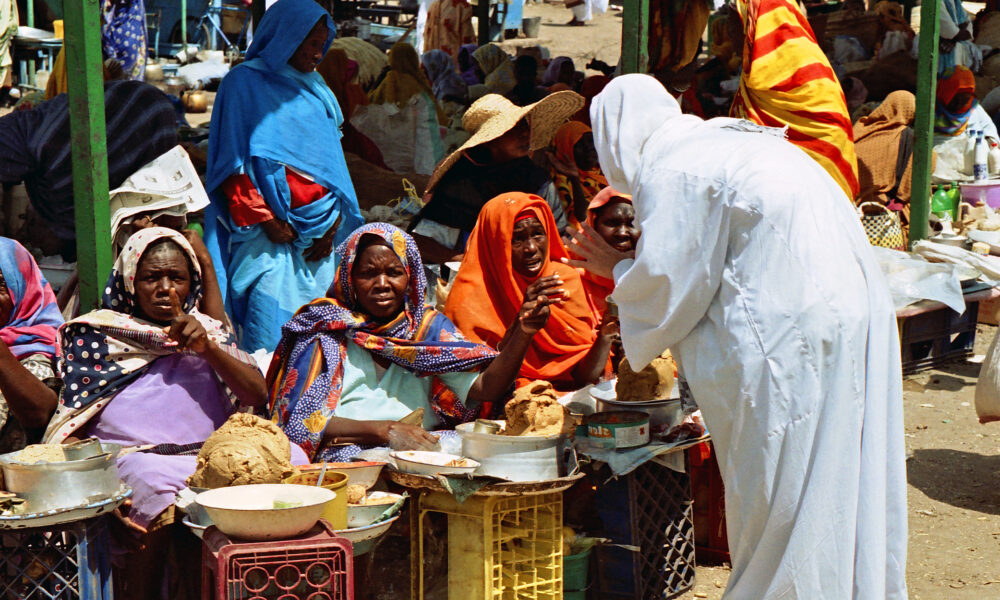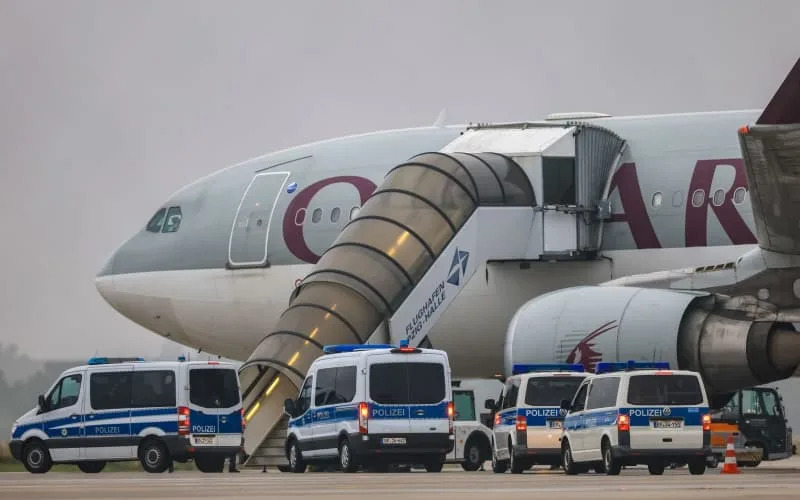The International Organization for Migration (IOM) has reported that over one million people have returned to Khartoum, the capital of Sudan, in the past ten months. This influx occurs despite the ongoing devastation from the civil war, which erupted in April 2023. Basic services in the city remain in disrepair, posing significant challenges for those returning.
According to the IOM, the conditions in Khartoum are alarming. Disease outbreaks, extensive damage to homes, and shattered infrastructure create hazardous living situations for returnees. Many individuals are still at risk from indiscriminate shelling, sexual violence, and ethnically targeted attacks. The IOM’s Deputy Director General for Operations, Ugochi Daniels, emphasized the dual nature of this return, stating, “The scale of return to Khartoum is both a sign of resilience and a warning. I met people coming back to a city still scarred by conflict, where homes are damaged and basic services are barely functioning.”
Despite the significant number of returnees, they represent only about a quarter of those who were originally displaced by the conflict. Currently, Khartoum is still home to over 3.7 million displaced individuals. Farhan Haq, UN Deputy Spokesperson, stated, “We and our partners continue to scale up our response efforts where access allows,” highlighting ongoing humanitarian efforts in the region.
This report comes on the heels of growing concerns from senior UN officials, indicating that approximately 30 million people in Sudan are in dire need of humanitarian assistance as the civil war continues to escalate. The situation has been further complicated by recent incidents in El Fasher, where the UN High Commissioner for Human Rights reported numerous civilian casualties.
The international community is under increasing pressure to address the deepening crisis in Sudan. The UN has called upon global bodies to take action, emphasizing the urgent need for humanitarian support in a country facing profound challenges.







